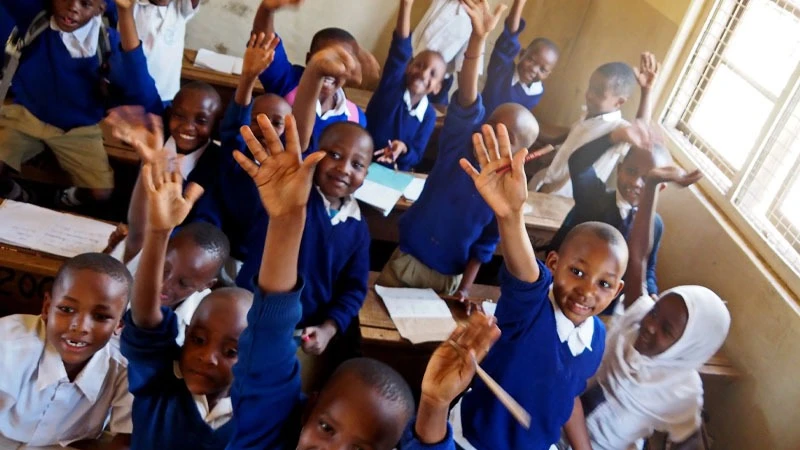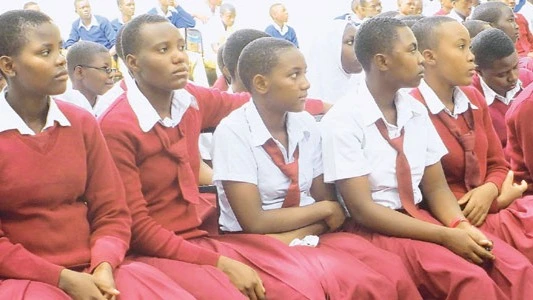School feeding already grasped, requires administrative harmony

RELUCTANCE to take up scientific solutions alongside inability to spare enough cash for generalised assurance of school feeding programmes to uplift the primary school learning environment in particular remain a problem.
That is why promises to that end have been made for nearly a decade but amid hesitant implementation as in many cases parents have to contribute significant amounts while their means are uneven.
Thus, when the government reaffirms its commitment to providing free primary school education, inability to ensure the supply of school means for all is still an issue.
Well, yes, the removal of school fees eased burdens on the part of parents. However, the contributions demanded for meals aren’t too dissimilar to fees, and the reluctance at times said to be due to inability to pay up remains.
It is well known that after a boy or girl is 15, not too many parents living with bare means of survival are troubled much if their son or daughter leaves school.
In fact, many families pick up opportunities like paying for midday meals or morning porridge to tell their children to happily remain at home. The idea of closing out their dreams is often faulty as to the real content of ‘dreams’.
It isn’t clear that any real progress was made at a midweek national school feeding conference, where reports talk of the presence of a wide range of stakeholders, including teachers, students, researchers, international organisations, policymakers, civil society groups and private sector representatives.
The organisers sought to enhance awareness, share best practices and foster collaboration on the critical issue of school feeding as a critical issue. That was a clear challenge as, on the basis of the current policy set-up, there wasn’t much of cross-fertilisation of ideas really anticipated.
As a sort of contrast, the contact person was a programme manager at HarvestPlus, coming in as a panelist highlighting the work of HarvestPlus Tanzania, a company marketing improved seeds.
It is a bit ambiguous these days what improved seeds are all about, as often there is plenty of research on yield boosting for local seeds as well as adding protein into seeds, apparently from the outside.
It appears that this is what was being discussed under integrating bio-fortified crops into school meals. The panelist had less use of the range of stakeholders, focusing instead on ways to direct more private sector input to the supply chain and for schools outreach.
It is meanwhile reported that these recommendations align with HarvestPlus’ efforts in Tanzania through the firm’s ‘advancing availability of bio-fortified foods for institutional markets” project.
This is said to be funded by the Rockefeller Foundation and to be working with the Alliance for a Green Revolution in Africa (AGRA), while the meaning of ‘green’ is locked in contest.
It first traverses improving local seeds and bio-fortification to removing pest attracting sugars by genetic modification while merely citing ‘genetic’ elicits hypersensitivity in local activist groups.
The good thing is that Harvest Plus and its financial support context are aware of these prerogatives, and so they come up with a three-year initiative to improve value chains for bio-fortified iron and zinc-enriched beans and vitamin A maize.
They also wish to promote locally grown school feeding in the project, targeting 400,000 schoolchildren, for regular supply of biofortified crops in school feeding programmes.
It appears magnificent but success depends on precisely how implementation will be executed, with the stumbling blocks similar initiatives have come across over the decades providing useful lessons.
Top Headlines
© 2024 IPPMEDIA.COM. ALL RIGHTS RESERVED

















